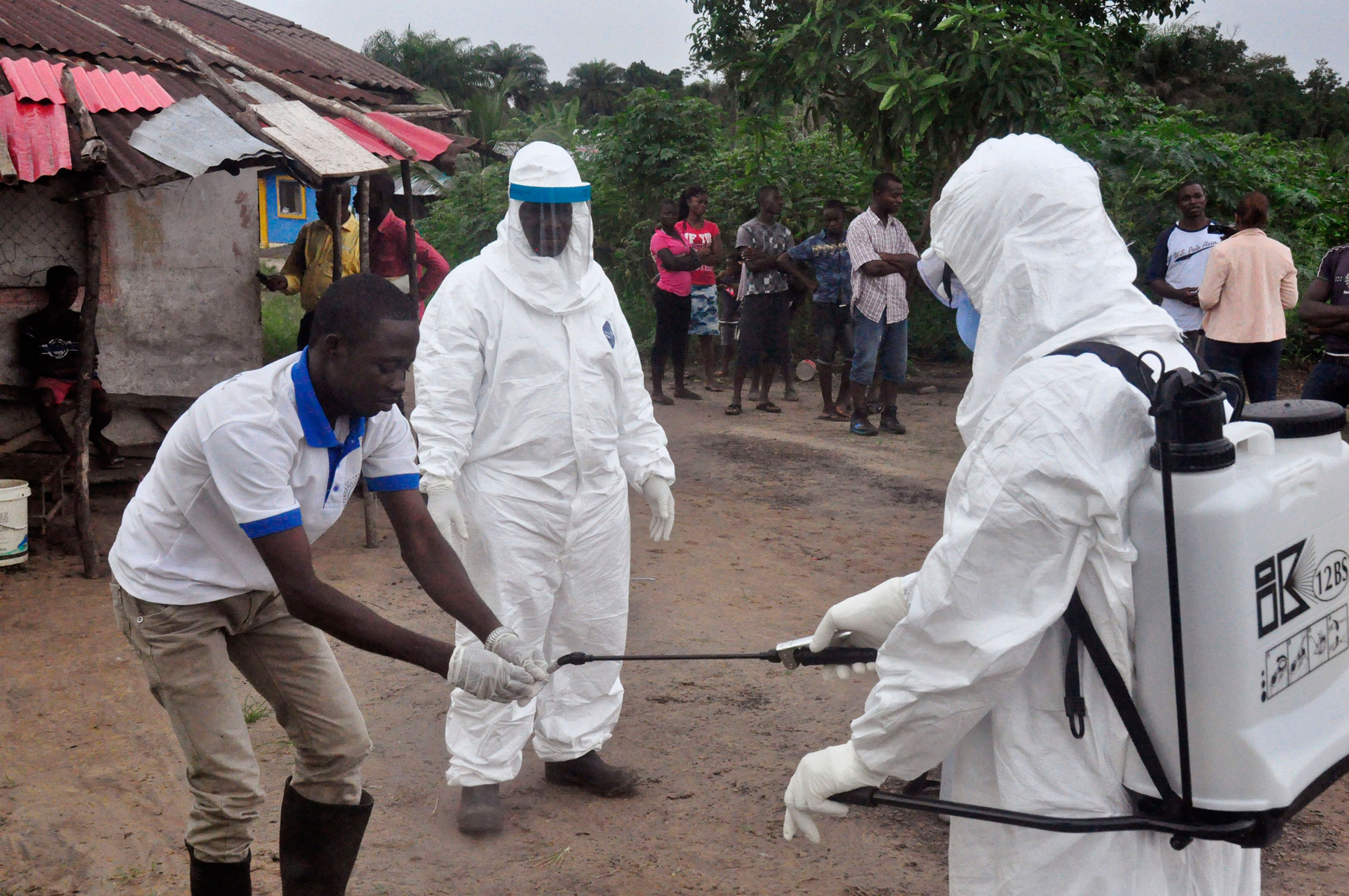PREVAIL certifies Ebola survivors

The Partnership for Research on Ebola Vaccines and Infectious Disease in Liberia or PREVAIL, says ongoing study shows the health of Ebola survivors in Liberia has improved over the first one year after they were followed up.
Principal Investigator Dr. Masoka P. Fallah, made the disclosure at the Ministry of Information’s regular press briefing last Thursday.
According to him, the five years study of Ebola Survivors in Liberia funded by the United States Government’s National Institute of Health established that although certain health problems remained prevalent among survivors than among their household and sexual contacts, who never had the virus, but on the overall, the health of survivors improved during the first year of follow-up.
He thanks the Government of Liberia and researchers including the Ebola survivors for their contribution to the study, noting these results will impact the lives of many others, for which PREVAIL is proud of Liberia’s role.
Dr. Fallah narrates though survivors initially reported symptoms of urinary frequency, headache, fatigue, muscle pain, memory loss, including joint pain, the occurrence of those symptoms and other physical exam findings decreased in both groups over a year. Nevertheless, both Ebola survivors and their contacts were found to have many health problems overall.
These are among the first year study findings reported in the March 7th issue of the New England Journal of Medicine by PREVAIL.
Established in 2014, PREVAIL is a clinical research collaboration between the Government of Liberia and the US-based National Institute of Allergy and Infectious Disease (NIAID) part of which is NIH.
“These studies validate the fact that Liberia has emerged out of the onslaught of the 2014 Ebola outbreak to become a leader in Ebola research that is benefiting humanity”, Dr. Fallah notes. He says it further signifies the impact of building modern research in a resource-constrained nation through collaboration with a developed country.
He stresses that the champions of the study were the survivors without whom this would not have been possible.
[bsa_pro_ad_space id=1]
According to the Principal Investigator, the PREVAIL-III launched in 2015 is the largest study, comparing the health of 966 Ebola survivors and 2,350 of their uninfected close contacts, who helped researchers more reliably identifying which health issues are specific to survivors. The study is ongoing at three study sites.
He points out that the new report describes finding from the participants examined at three different times; at study entry, at a six- month follow-up and at a 12-month follow-up respectively, for each visit during the first year.
The PREVAIL team compared reported symptoms, physical findings, and laboratory values in survivors and close contact groups.
Dr. Fallah notes the Director General of the National Public Health Institute of Liberia or NPHIL, Tolbert Nyenswah also commended the work carried out by PREVAIL, quoting Mr. Nyenswah as saying ‘PREVAIL Ebola survivors study is groundbreaking.’
“It now help us to better understand the excruciating pains, complications, and health issues facing our heroes after they survived this horrible disease”, Attorney Nyenswah expresses.
Meanwhile, during the remaining years of study, PREVAIL researchers will continue to follow the health of survivors as well as to determine whether people who survive Ebola have developed immunity that will protect them from getting Ebola in the future. They also seek to determine whether EVD survivors can transmit Ebola infection to close contacts.
Co-leaders of the study are Dr. Fallah, Deputy Director General for Technical Services at the National Public Health Institute of Liberia; and Michael C. Sneller, MD, Medical Officer at NIAID/NIH. The study was sponsored by Liberia’s Ministry of Health in collaboration with NIAID/NIH. Study partners include the National Eye Institute and the National Institute of Neurological Disorders and Stroke, both part of NIH; the University of Minnesota in Minneapolis; and the Johns Hopkins University Wilmer Eye Institute in Baltimore, Maryland.
Dr. MosokaFallah, Co-Principal Investigator of the Study Editing by Jonathan Browne




















